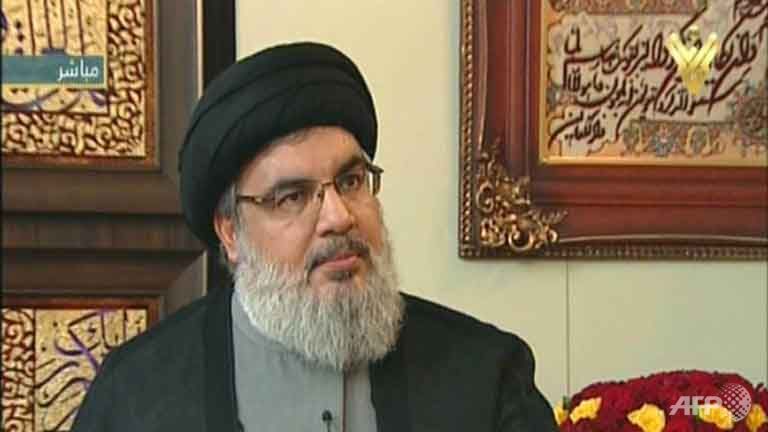Six-month truce agreed in three Syria towns
The opposition has accused Syrian President Bashar Assad’s government of working with its allies, including Iran, on moving populations around to empty government-held areas of Sunnis.
Syria’s army and allied Lebanese resistance fighters of Hezbollah have come to an agreement with militants regarding the fate of a strategic southwestern town and two key villages, located in the country’s northwest.
Hezbollah chief Hassan Nasrallah told the movement’s Al-Manar television the deal was reached under the auspices of the United Nations with mediation from Damascus ally Iran. Zabadani is surrounded by Hezbollah fighters, who are trying to drive al-Qaeda out of the area along the Lebanese border.
The deal will see anti-Assad fighters allowed to withdraw from Zabadani, which been under siege from pro-government forces backed by Hezbollah.
Situated about 12 kilometers (seven miles) from the Jdeida border crossing on the Damascus-Beirut highway, Zabadani is one of the last militant strongholds near the Lebanese border.
He said that civilians living in and around Zabadani who did not want to stay could also go to Idlib safely.
He said in exchange, about 10,000 Shiites will leave two villages surrounded by a coalition of al-Qaida-linked militants and other insurgents in northern Idlib province.
In response to the pro-government attack on Zabadani, Islamic militants laid siege on the two Shiite villages, Foua and Kfarya, in rebel-controlled Idlib province.
It would be implemented within six months, during which time there would be an extended ceasefire in the areas.
The new agreement means that for once a bloody end to two battlefronts in Syria may be avoided while both sides will feel they have achieved useful territorial gains, says the BBC’s Arab affairs analyst Sebastian Usher.








